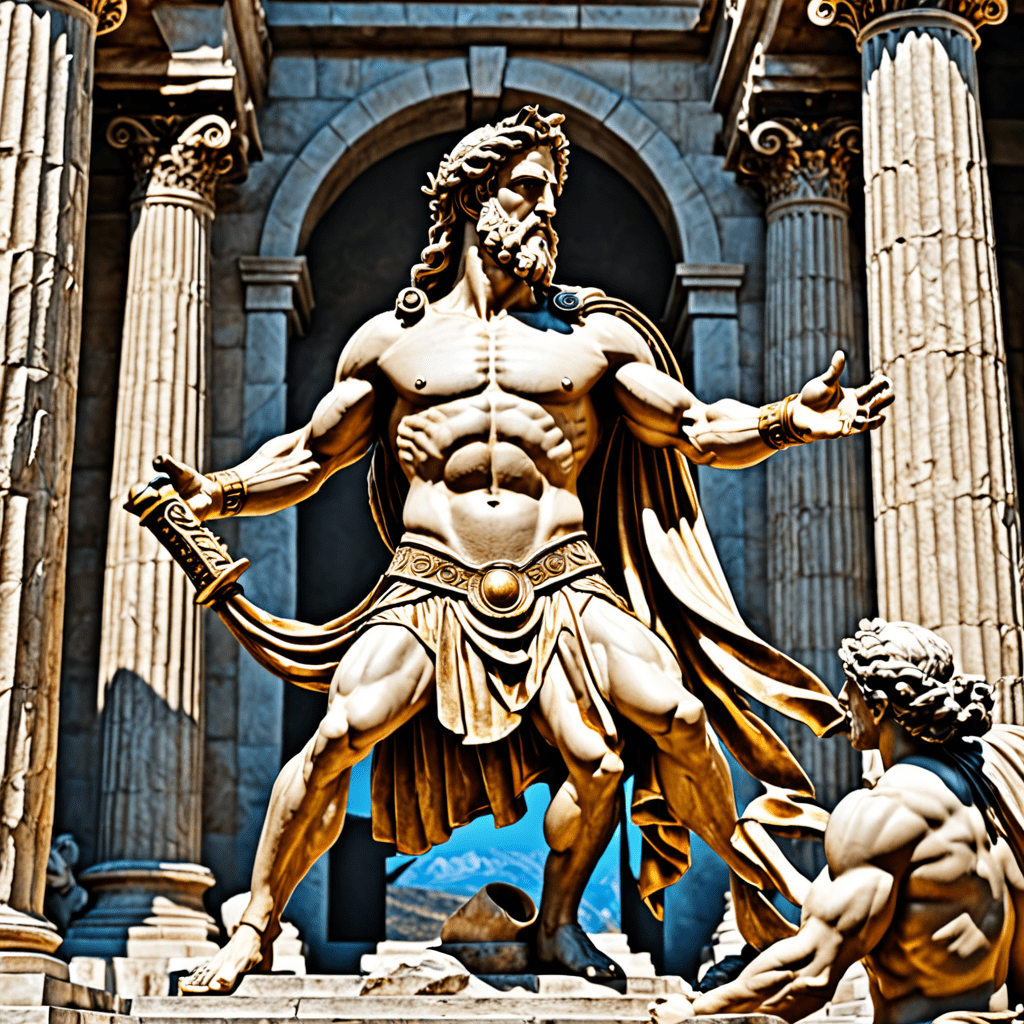Greek Mythology and the Concept of Hubris
Understanding Hubris in Greek Mythology
In Greek mythology, hubris refers to excessive pride or arrogance that typically leads to the downfall of a character. It is considered a form of disrespect towards the gods and shows a lack of humility. Hubris often results in the individual overestimating their capabilities and challenging the divine order.
Classic examples of Hubris in Greek Mythology
One of the most famous examples of hubris is the story of Icarus and Daedalus. Icarus, who ignored his father’s warnings, flew too close to the sun with wings made of feathers and wax, leading to his tragic demise. Another well-known tale is that of Narcissus, who fell in love with his own reflection and ultimately wasted away, consumed by his own vanity.
Consequences of Hubris
Throughout Greek myths, individuals who displayed hubris often faced severe consequences. These could range from humiliation and abandonment by the gods to outright punishment such as physical transformation, exile, or even death. Hubris serves as a cautionary theme, reminding individuals of the importance of humility and reverence.
Relevance of Hubris in Modern Society
While rooted in ancient mythology, the concept of hubris remains relevant in contemporary times. The downfall of people in positions of power or influence who exhibit excessive pride can often be attributed to hubris. It serves as a timeless reminder of the dangers of unchecked ego and the consequences of overestimating one’s abilities.
FAQs about Greek Mythology and Hubris
What is Greek Mythology?
Greek mythology refers to the body of myths and legends originating from ancient Greece. These stories often involve gods, heroes, and supernatural beings, explaining natural phenomena, human behavior, and the origins of the world.
What is the Concept of Hubris in Greek Mythology?
Hubris in Greek mythology refers to excessive pride, arrogance, or defiance towards the gods. It often leads to the downfall of individuals who challenge or disrespect divine authority, serving as a cautionary theme throughout Greek myths.



